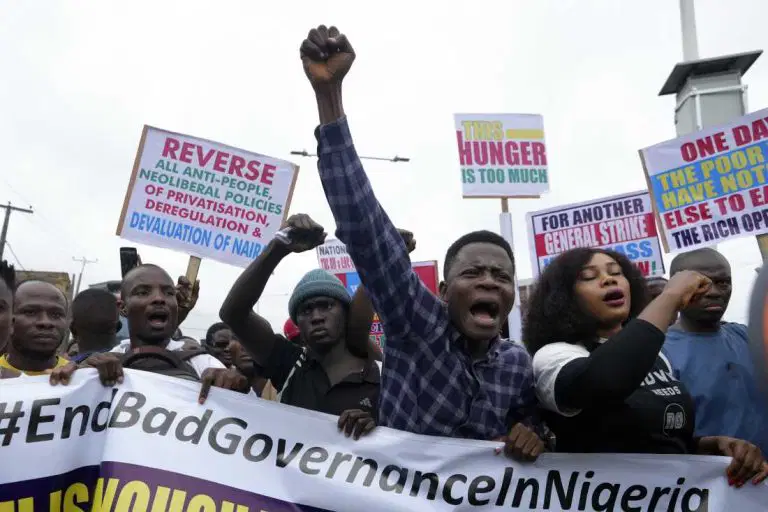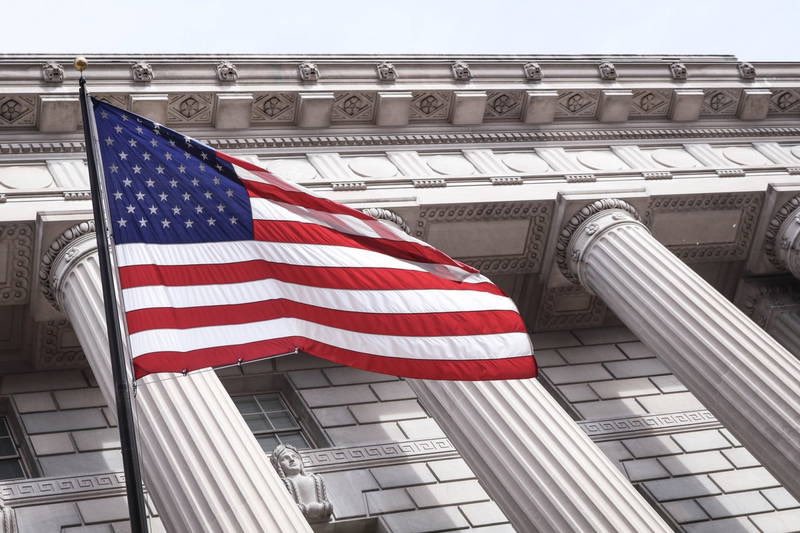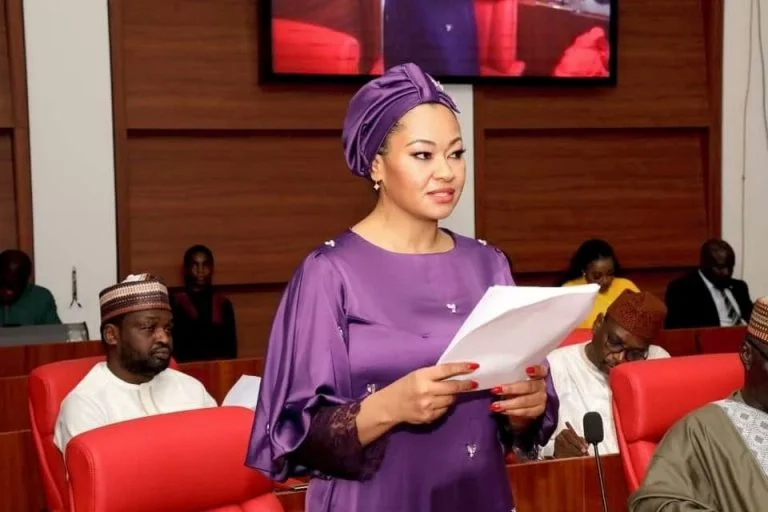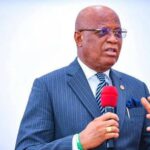One Year After Brutalisation of Endbadgovernance Protesters, No Justice Yet for Victims

One year has elapsed since the Nigerian police employed deadly force and conducted mass arbitrary detentions of peaceful #EndBadGovernance demonstrators, yet the authorities have failed to secure justice for the victims and survivors.
This assertion comes from Amnesty International, as articulated in a statement released on its website and social media platforms on Friday.
“The Nigerian authorities have not yet taken adequate and effective measures to respect, protect, promote, and fulfill the rights to freedom of expression and peaceful assembly,” stated Isa Sanusi, the Director of Amnesty International Nigeria, in the announcement.
“Amnesty International discovered that the police discharged live ammunition at close range, often targeting the head or torso, indicating that officers were shooting with lethal intent.
“Two survivors sustained injuries after being shot by the police in the arms and legs, while others were asphyxiated by the indiscriminate use of tear gas.
“Some protesters endured torture and were subjected to starvation while in detention, resulting in the collapse of minors facing trial before the Federal High Court Abuja on November 1, 2024.
“The Nigerian authorities persisted with all charges levied against #EndBadGovernance protesters, despite overwhelming evidence indicating they had not violated any laws.”
The organization reported that several #EndBadGovernance protesters were convicted and sentenced to community service, caning, or imprisonment following a sham trial on fabricated charges in Maiduguri, Borno State.
The accusations included forming a group called ‘Zanga Zanga’ Group and conspiring to take up arms against the government.
In Abuja, Amnesty reported that numerous #EndBadGovernance protesters continue to endure sham trials in a Federal High Court.
According to the watchdog’s investigation, the Nigerian police killed at least 24 individuals between August 1-10, 2024, in the states of Kano, Jigawa, Katsina, Borno, Niger, and Kaduna.
Several protesters were also reportedly convicted on allegedly fabricated charges, with trials ongoing in Abuja, Kano, Jigawa, Katsina, and Kaduna states.
The protests were ignited by widespread dissatisfaction among Nigerians over various economic and governance issues, driven by economic hardship, exacerbated by soaring inflation and high food prices, as well as the surge in fuel prices in the country.









